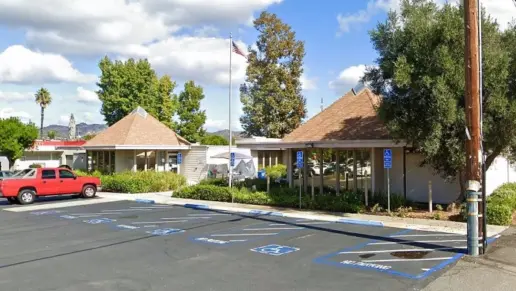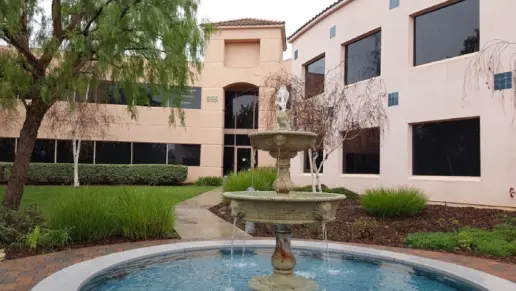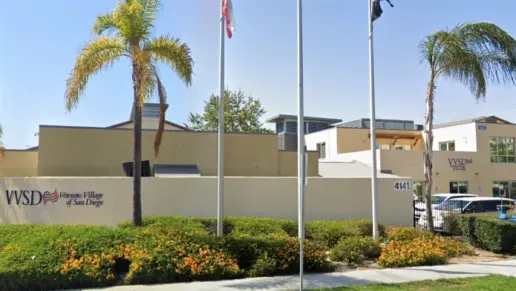Discovery House offers a variety of services with programs for children, adults, and families, available 24 hours a day in cases of crisis. I appreciate that we have the availability of this type of services in the area.
About Discovery House
Discovery House is a part of Contra Costa Health Services, and functions as an alcohol and drug rehab center located in Martinez, California. Contra Costa’s Discovery House offers detox, residential treatment, intensive outpatient programs, general outpatient programs, and medication assisted treatment for young adults and adults. Specialized services are available for adolescents and justice involved clients. Services are available in English, Spanish, and other languages.
Detoxification provides stabilization for adult men and women with substance use disorder. Social detox takes place in an inpatient setting, where clients undergo counseling, peer support programs, and holistic therapy to reduce cravings and ease withdrawal pains. A case management team provides 24/7 to ensure the process is as comfortable as possible. Detox generally takes 1 to 5 days.
Medication assisted treatment provides medications along with comprehensive medical, psychiatric, and behavioral counseling. FDA approved medications, including methadone, Suboxone, and buprenorphine, are used to support withdrawal from opioid drugs and to help maintain long term abstinence and discourage relapse. Licensed clinicians administer dosing and provide supervision during treatment.
Short term residential treatment is available for individuals who need a high level of support and accountability during the initial phase of their recovery. Mental, emotional, and physical stability is a primary focus. Once this is achieved, deeper inner work is started. This can include individual therapy, group therapy, family counseling, and addiction educational classes to address co-occurring mental and behavioral health disorders. Specific topics may include emotional regulation, anger management, trauma informed care, relapse prevention, and life skills classes such as financial stability, education, and workforce readiness.
After completing the inpatient program, clients participate in intensive outpatient care, which includes 19-30 hours per week of counseling, health education classes, and relapse prevention strategies. Clients receive peer support and develop daily healthy living routines outside of care.
The outpatient program provides greater flexibility and independence. Clients receive up to 9 hours or therapy per week as they reintegrate back into their communities.
The aftercare program consists of continual care and support. Clients may receive referrals to outside facilities for specialized programs.
Discovery House offers self pay and financing options. The center may be in network with insurance providers such as Aetna, Beacon, BlueCross/BlueShield, Cigna, Humana, and Optum. Please check your coverage as out of network benefits can vary.
Rehab Score
Gallery
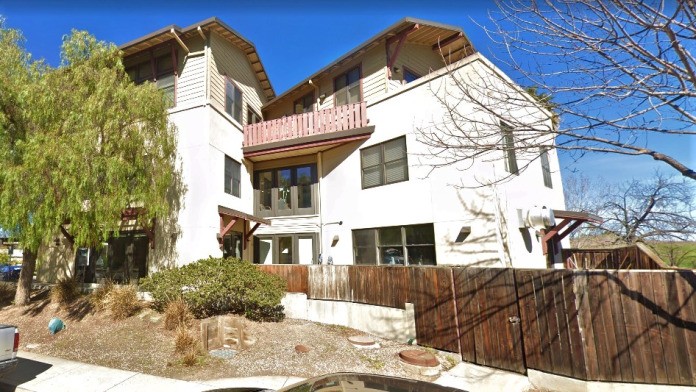
Location
Accepted Insurance




Other Forms of Payment
Private insurance refers to any kind of healthcare coverage that isn't from the state or federal government. This includes individual and family plans offered by an employer or purchased from the Insurance Marketplace. Every plan will have different requirements and out of pocket costs so be sure to get the full details before you start treatment.
Self-pay involves paying for treatment out of your own pocket. You can use savings or credit, get a personal loan, or receive help from family and friends to fund your treatment. If you don't have insurance or your insurance plan doesn't cover a specific program, self-pay can help ensure you still get the care you need.
Sliding scale payments are based on a client's income and family size. The goal is to make treatment affordable to everyone. By taking these factors into account, addiction recovery care providers help ensure that your treatment does not become a financial burden to you or your family, eliminating one barrier to care.
Medicare is a federal program that provides health insurance for those 65 and older. It also serves people under 65 with chronic and disabling health challenges. To use Medicare for addiction treatment you need to find a program that accepts Medicare and is in network with your plan. Out of pocket costs and preauthorization requirements vary, so always check with your provider.
Addiction Treatments
Levels of Care
Treatments
The goal of treatment for alcoholism is abstinence. Those with poor social support, poor motivation, or psychiatric disorders tend to relapse within a few years of treatment. For these people, success is measured by longer periods of abstinence, reduced use of alcohol, better health, and improved social functioning. Recovery and Maintenance are usually based on 12 step programs and AA meetings.
Drug rehab in California teaches participants constructive ways to stay clean and sober. Treatment revolves around helping individuals stop using the substance they are addicted to and learn healthy habits to avoid relapse.
Opioid rehabs specialize in supporting those recovering from opioid addiction. They treat those suffering from addiction to illegal opioids like heroin, as well as prescription drugs like oxycodone. These centers typically combine both physical as well as mental and emotional support to help stop addiction. Physical support often includes medical detox and subsequent medical support (including medication), and mental support includes in-depth therapy to address the underlying causes of addiction.
Substance rehabs focus on helping individuals recover from substance abuse, including alcohol and drug addiction (both illegal and prescription drugs). They often include the opportunity to engage in both individual as well as group therapy.
Programs


Clinical Services
Experiential therapy is a form of therapy in which clients are encouraged to surface and work through subconscious issues by engaging in real-time experiences. Experiential therapy departs from traditional talk therapy by involving the body, and having clients engage in activities, movements, and physical and emotional expression. This can involve role-play or using props (which can include other people). Experiential therapy can help people process trauma, memories, and emotion quickly, deeply, and in a lasting fashion, leading to substantial and impactful healing.
Research clearly demonstrates that recovery is far more successful and sustainable when loved ones like family members participate in rehab and substance abuse treatment. Genetic factors may be at play when it comes to drug and alcohol addiction, as well as mental health issues. Family dynamics often play a critical role in addiction triggers, and if properly educated, family members can be a strong source of support when it comes to rehabilitation.
Group therapy is any therapeutic work that happens in a group (not one-on-one). There are a number of different group therapy modalities, including support groups, experiential therapy, psycho-education, and more. Group therapy involves treatment as well as processing interaction between group members.
In individual therapy, a patient meets one-on-one with a trained psychologist or counselor. Therapy is a pivotal part of effective substance abuse treatment, as it often covers root causes of addiction, including challenges faced by the patient in their social, family, and work/school life.
Life skills trainings involve all the skills a person must have in order to function successfully in the world. These include time management, career guidance, money management, and effective communication. Truly successful addiction recovery is based on the ability to not only live substance-free, but to thrive. Life skills teaches the practical necessities of functioning in society, which sets clients up for success in life, and therefore sobriety.
Staff
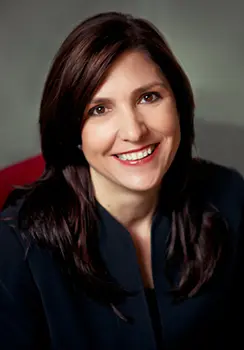
Chief Executive Director
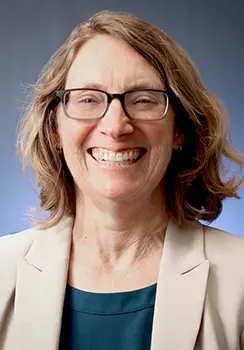
Deputy Health Services Director
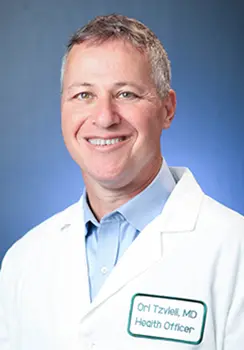
Director of Public Health
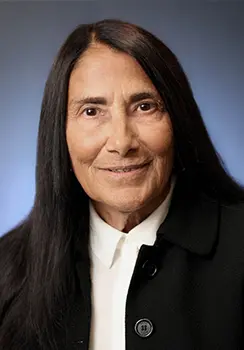
Director of Behavioral Health Services
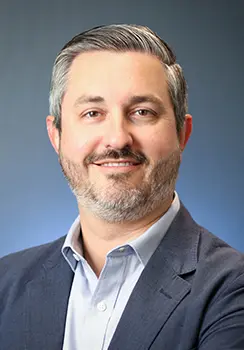
Director of Environmental Health
Contact Information
4645 Pacheco Boulevard
Martinez, CA 94553






